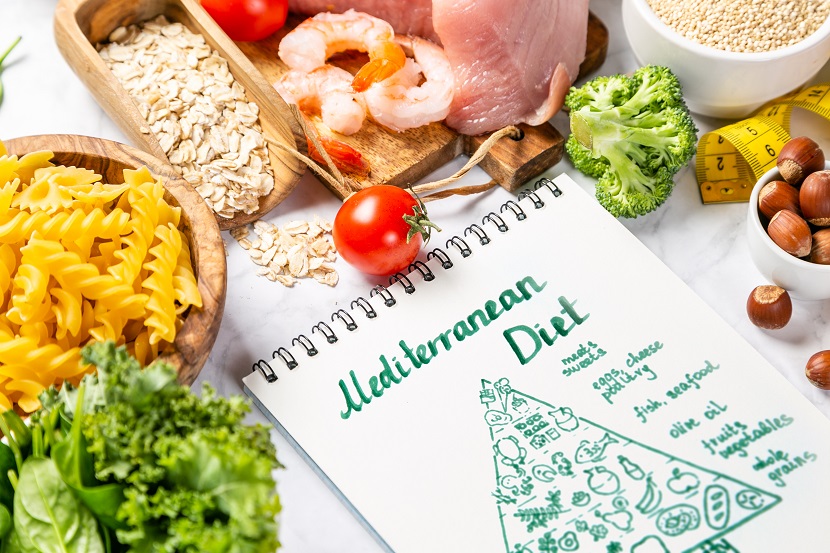
A study conducted on a sample of 47,000 Swedish women, aged between 29 and 49, seems to confirm the already known positive effects of the Mediterranean diet both on neurodegenerative pathologies, like Alzheimer’s or Parkinson’s disease, and on the cognitive decline due to aging.
The study is based on the association between the adoption of the Mediterranean diet in middle-aged women and the risk to develop Parkinson’s disease in late adulthood.
Between 1991 and 1992 the women enrolled in the study were asked to fill a survey on their eating habits. The researchers then calculated their adherence to the principles of the Mediterranean diet.
The subjects examined were then followed in time, starting from their 50th birthday.
From the analysis of the results, it emerged that the risk to develop Parkinson’s disease – among women who followed a diet very distant from the Mediterranean one – was doubled in comparison with that of women who followed a diet closer to the principles of the Mediterranean one.
The effect is observed mainly starting from the age of 60 and it tends to amplify in time: the incidence of the disease augmented a lot more rapidly after the age of 65 among women with a low adherence to the Mediterranean diet than among women with a medium-high adherence. Moreover, it was up to 3 times higher among the first ones compared to the second ones, at the age of 70.
Even though some doubts about the observational nature of the study persist, these results underline again the positive effects of the Mediterranean diet on neurodegenerative pathologies.
In 2010 UNESCO included the Mediterranean diet among the Intangible Cultural Heritage: this proves that the Mediterranean diet, more than a simple list of foods, should represent a real lifestyle.
Observing the symbol of the Mediterranean diet, the food pyramid, we can see that:
- It is a diet based mainly on fruit, vegetables, and whole cereals, which must be consumed daily. Extra virgin oil is the optimal seasoning (to use raw, 3-4 spoons a day), with garlic, onion, spices, and aromatic herbs, to use copiously instead of salt.
- In the centre of the pyramid, there are foods to consume weekly: we find mainly protein-rich foods, like fish and legumes, which should be consumed at least twice a week each, chicken and poultry (2-3 portions), eggs (1-4 times a week) and cheeses to consume not more than twice a week (portions should be 100g for fresh cheeses, 50g if they are aged).
- At the top of the pyramid, there are foods to eat occasionally: two portions or less a week for red meat, processed meat (like cold cuts) should be consumed sparingly, maximum one portion per week, while desserts should be eaten only occasionally.
The beneficial effects attributable to the Mediterranean diet are probably imputable to the actions of the numerous antioxidants and natural anti-inflammatory elements present inside the foods at the basis of this model, which remains a pillar in the prevention of cognitive decline, neurodegenerative diseases, and other numerous pathologies.
Bibliography:
Yin W, Löf M, Pedersen NL, Sandin S, Fang F. Mediterranean Dietary Pattern at Middle Age and Risk of Parkinson’s Disease: A Swedish Cohort Study. Mov Disord. 2020 Oct 20. doi: 10.1002/mds.28314. Epub ahead of print. PMID: 33078857.